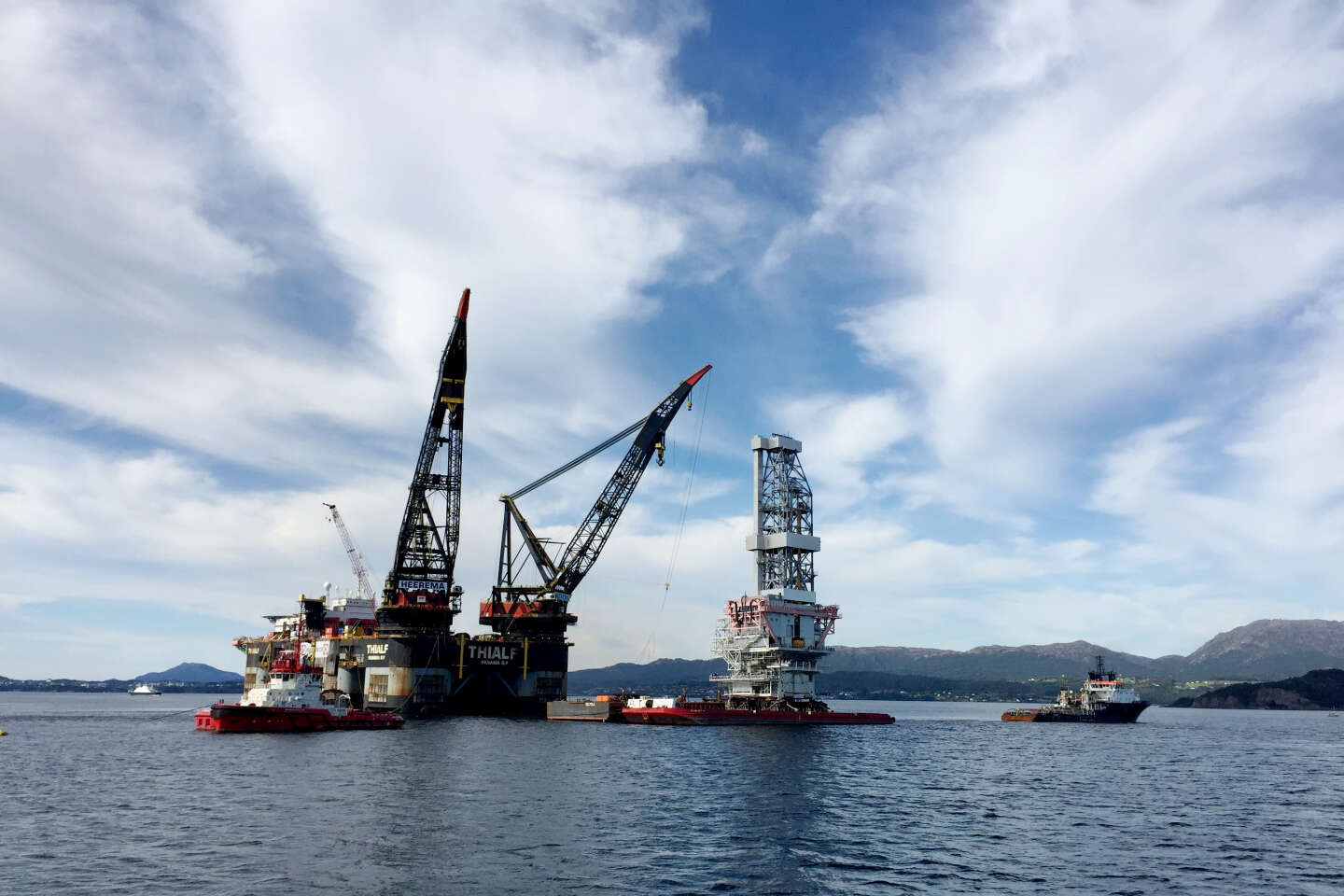


The fight against climate change is under threat from a whole raft of ticking time bombs: the time bombs posed by current and future fossil fuel projects. As revealed by Le Monde and a consortium of international media, the picture painted by two French non-governmental organizations (NGOs), Eclaircies and Data for Good, and made public on Tuesday, October 31, is indisputable.
Projected CO2 emissions from the 294 largest coal, oil and gas operations already exceed the limits set by the Paris Agreement to keep global temperatures below 1.5°C, according to calculations by the Intergovernmental Panel on Climate Change (IPCC). The situation is likely to get even worse, as 128 other "carbon bombs," still in the planning stage, could push this rise beyond 2°C. And that's not counting the thousands of other, more modest fossil fuel extraction projects, whose possible cumulative CO2 emissions are even higher. The climate disasters that have accumulated over the years have already given us a foretaste of the destructive potential of this trajectory.
With less than a month to go before the next COP – to be held in Dubai in the United Arab Emirates, whose national airline operates three "carbon bombs" – it is urgent to highlight a phenomenon of cognitive dissonance. Some countries believe they can simultaneously profess their commitment to combating climate disruption and allow for the "carbon bombs" that exacerbate the problem.
Lack of transparency
The work of the two French NGOs highlights a chain of responsibility that is not limited to the fossil fuel behemoths, including French multinational TotalEnergies, which ranks second in terms of the number of "carbon bombs" in this ranking, behind China's China Energy and ahead of Saudi Aramco of Saudi Arabia.
These groups would not be able to launch these projects without the approval of governments, which issue operating licenses or even subsidize them. China, which is developing more than a quarter of them, Russia and the United States are at the top of the list. Nor could the fossil fuel sector carry out these projects without the support of the banks and funds that finance them, to mention only the main players involved.
When it comes to climate warnings, critics can't hide behind the lazy questioning of the content of IPCC reports. Since 2021, the International Energy Agency, founded in 1974 to defend the interests of oil-importing countries, has been calling for no further investment in new oil and gas facilities, in the name of consistency.
Maximum transparency is needed so that everyone can see what is at stake. The major energy groups justify their investments in the name of demand and to meet the imperatives of the transition to renewable energies. However, mobilizing colossal financial resources for operations that are expected to last for decades mechanically pushes back the horizon of this transition, while exacerbating climate disruption.
All means seem to be well-intentioned, starting with the defense of national interests, to justify this blindness. This short-sighted egoism is, however, the guarantee of a relentless headlong rush that will utlimately spare no one.
